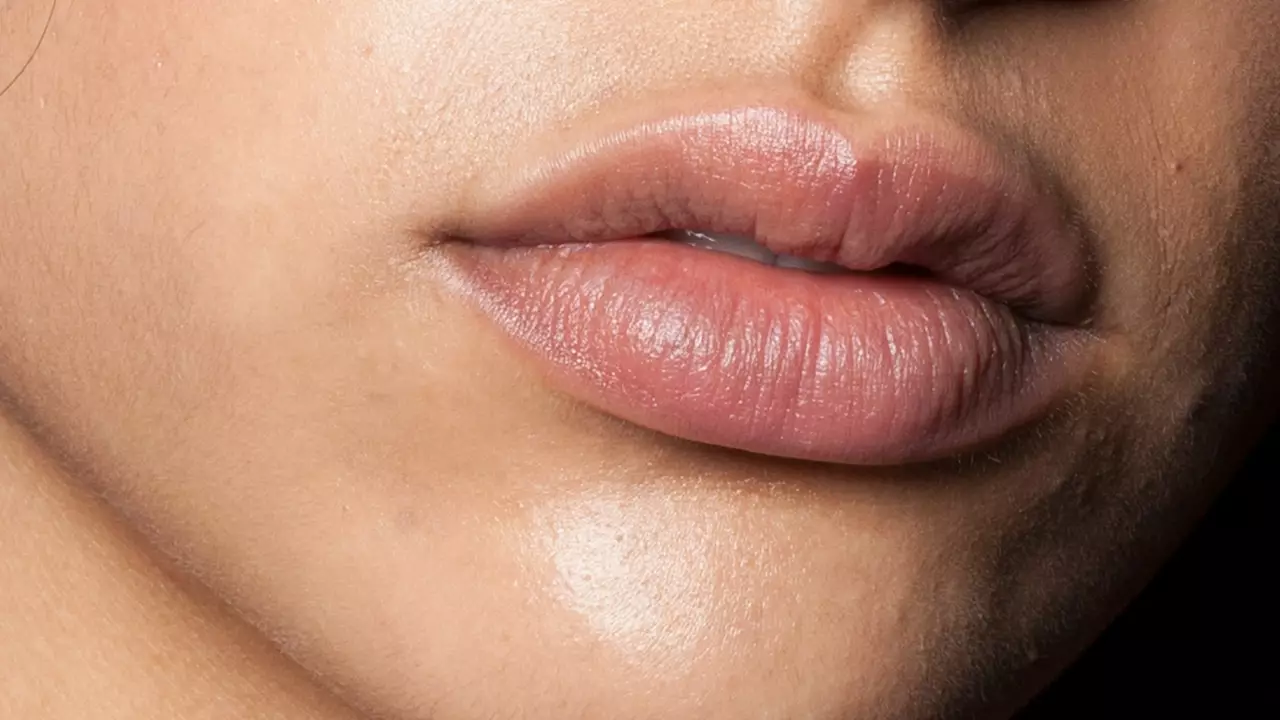Lips Care: Simple Fixes for Chapping, Cold Sores, and Cosmetic Issues
Your lips show up first — and they also get beat up easily. Dry air, sun, spicy food, allergies and even toothpaste can cause chapping or irritation. Cold sores (herpes simplex) show as painful blisters and need a different approach than dry skin. This page gives straight, practical steps you can try at home, when to use medicines, and when to see a clinician.
Quick fixes for chapped, dry or cracked lips
Start with the basics: protect and repair. Use a fragrance-free lip balm that contains petrolatum, shea butter, beeswax, or ceramides to seal moisture. Apply often — before bed, after eating, and any time your lips feel tight. Avoid licking your lips: saliva evaporates quickly and makes dryness worse. Swap out flavored or scented balms if you notice irritation.
Hydrate from the inside. Drink water during the day and consider a humidifier in dry rooms. If you get frequent chapping only in cold weather, try a thicker ointment at night and a lighter SPF balm during the day.
Cold sores and other medical causes
Cold sores are caused by the herpes simplex virus and usually start with tingling followed by blisters. Over-the-counter options like docosanol (topical) can shorten the episode if you start at the first tingle. For frequent or severe outbreaks, oral antivirals (prescription) are more effective — get evaluated by a provider as early treatment works best.
Allergic contact dermatitis can look like persistent redness, swelling, or flaking. Common culprits: flavored balms, lipsticks, certain dental products, and metal in retainers. Stop the suspected product for a few days; if the rash clears, avoid it going forward.
Non-healing ulcers, growing lumps, bleeding without trauma, or a sore that won’t go away after two weeks should be checked by a clinician. Those can be signs of infection or more serious conditions that need testing.
Thinking about lip fillers? Hyaluronic acid fillers are common and usually safe when done by an experienced injector. Expect swelling and bruising for a few days. Red flags: severe pain, sudden color change, spreading discoloration, or loss of feeling — these could mean vascular compromise and need immediate medical attention.
Sun protection matters. Lips burn, too. Use an SPF lip balm (SPF 30 or higher) and reapply regularly, especially if you eat or drink. For long outdoor exposure, wear a wide-brim hat or use a lip product with water-resistant SPF.
Home remedies: plain petroleum jelly is fine. Avoid home tricks that irritate — like using toothpaste or lemon — which can worsen problems. If natural oils help you, patch-test them first to rule out allergy.
When in doubt, ask a professional. A pharmacist can advise on over-the-counter balms and cold sore creams. See a doctor for persistent, severe, or unusual symptoms. Small steps — good protection, early treatment for cold sores, and careful choices with cosmetics — keep lips healthy and comfortable.

